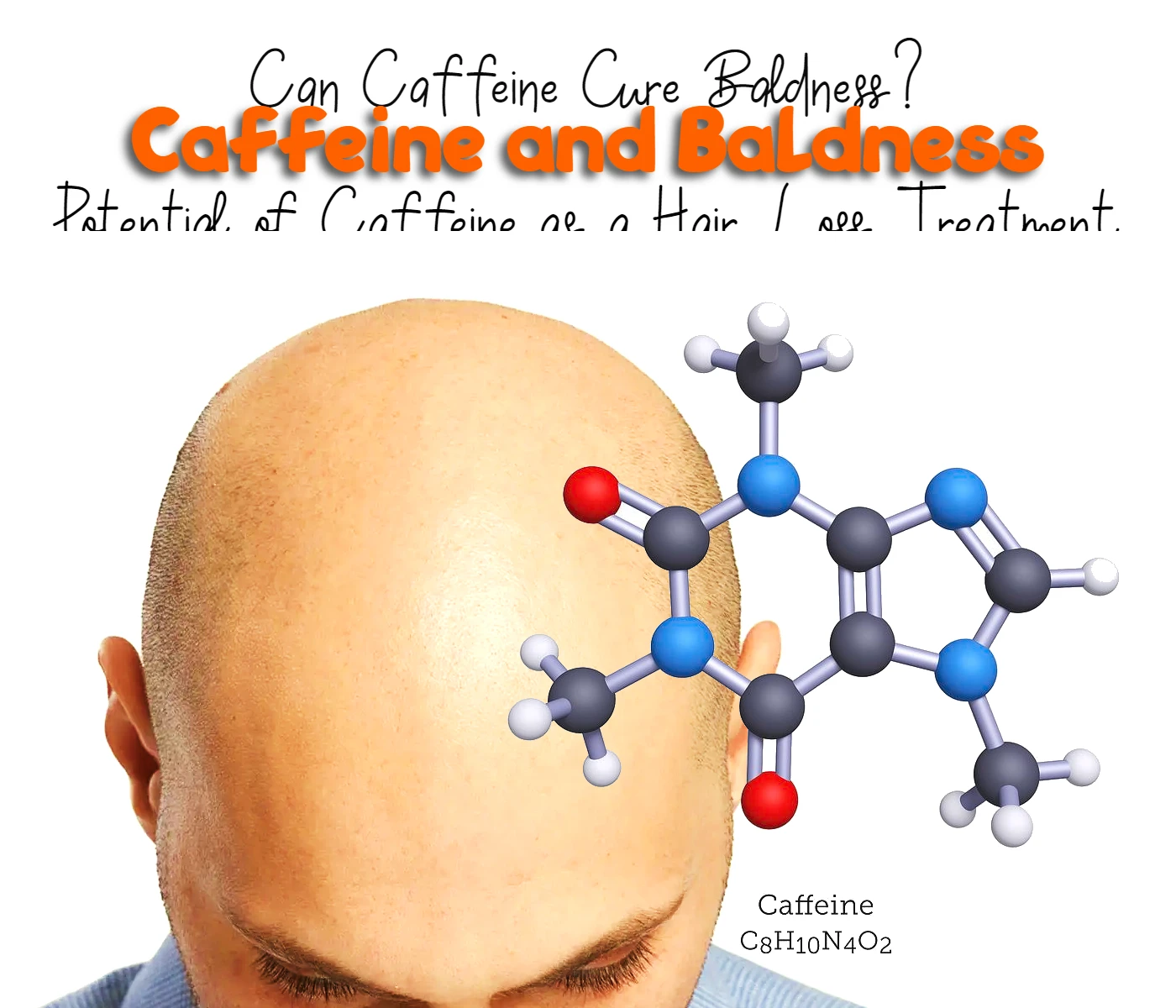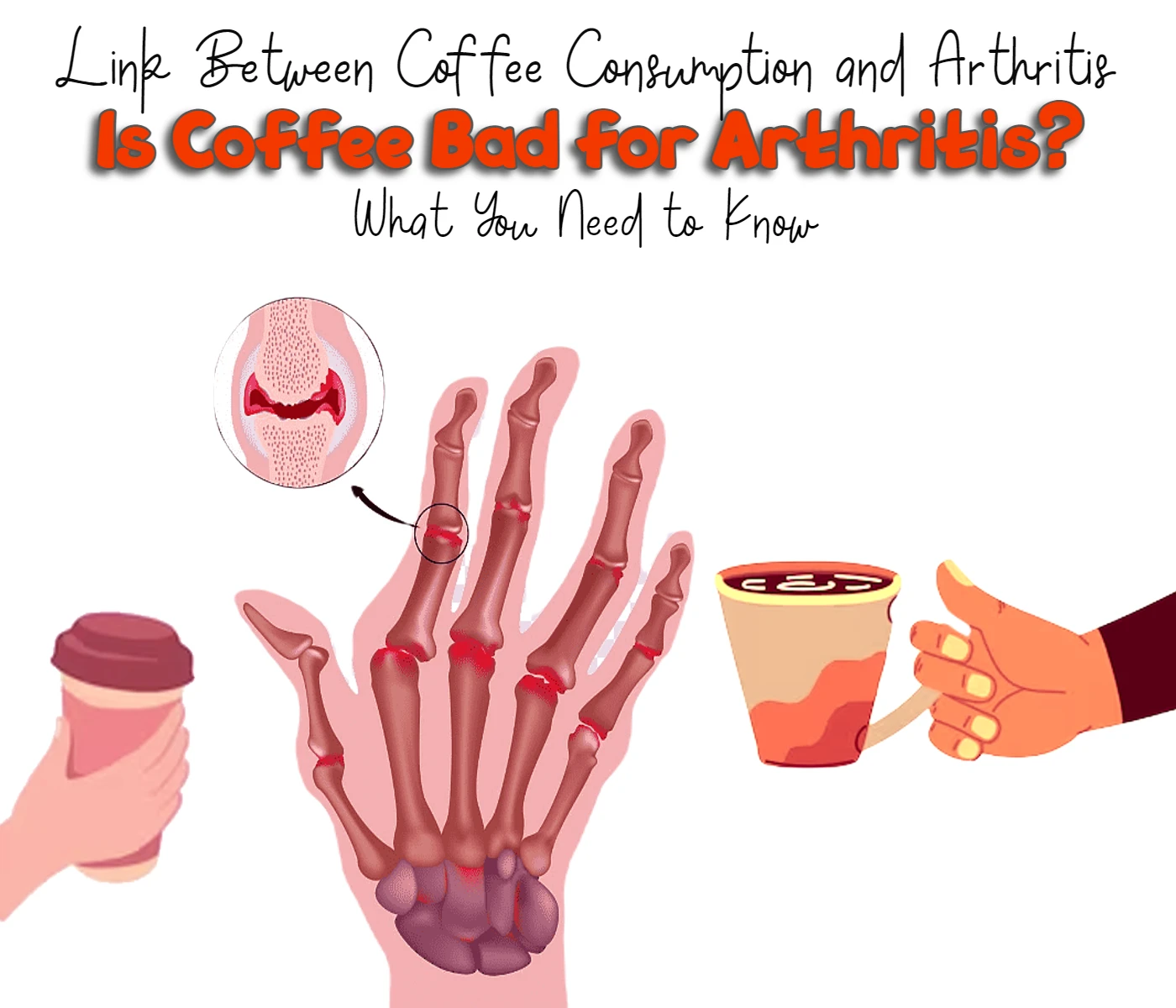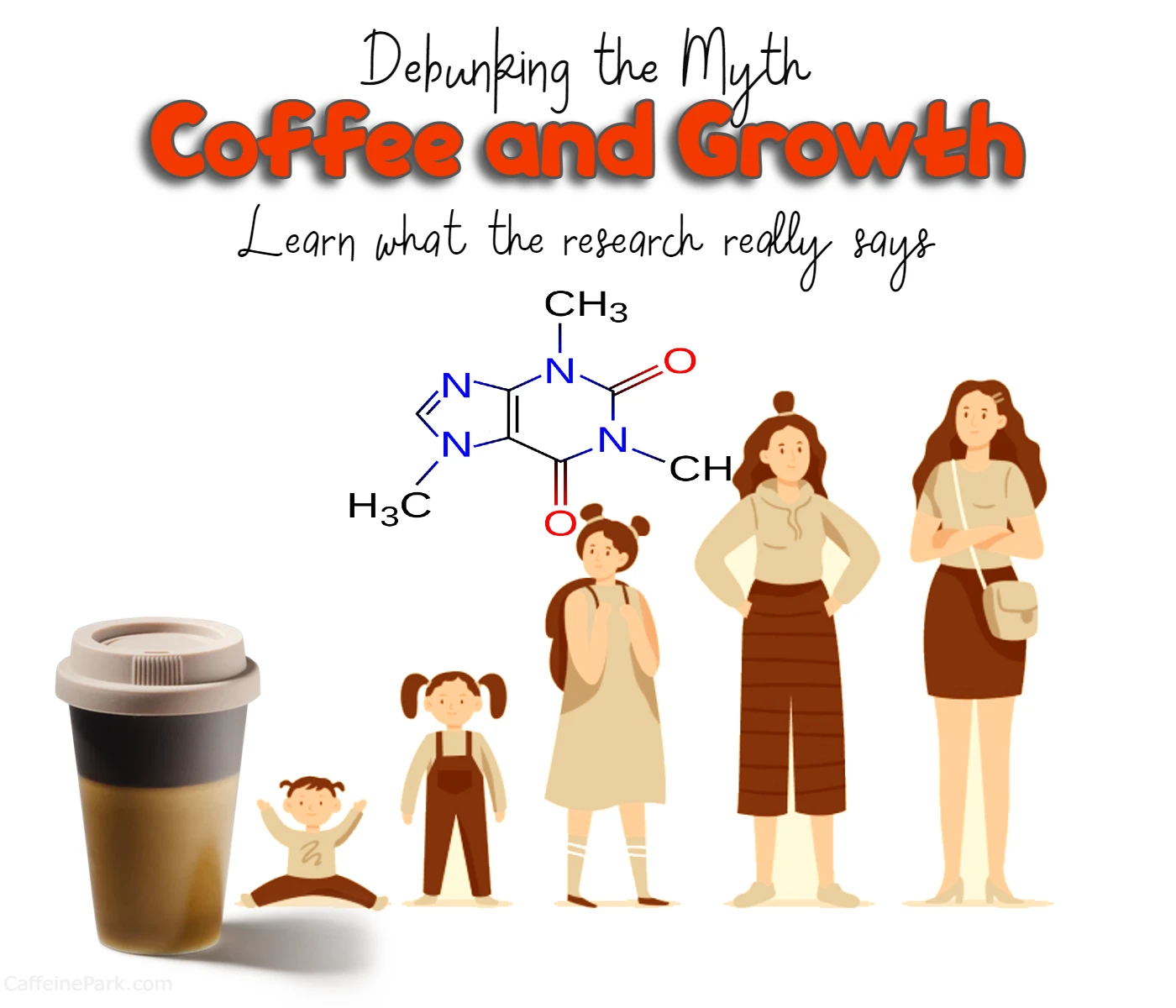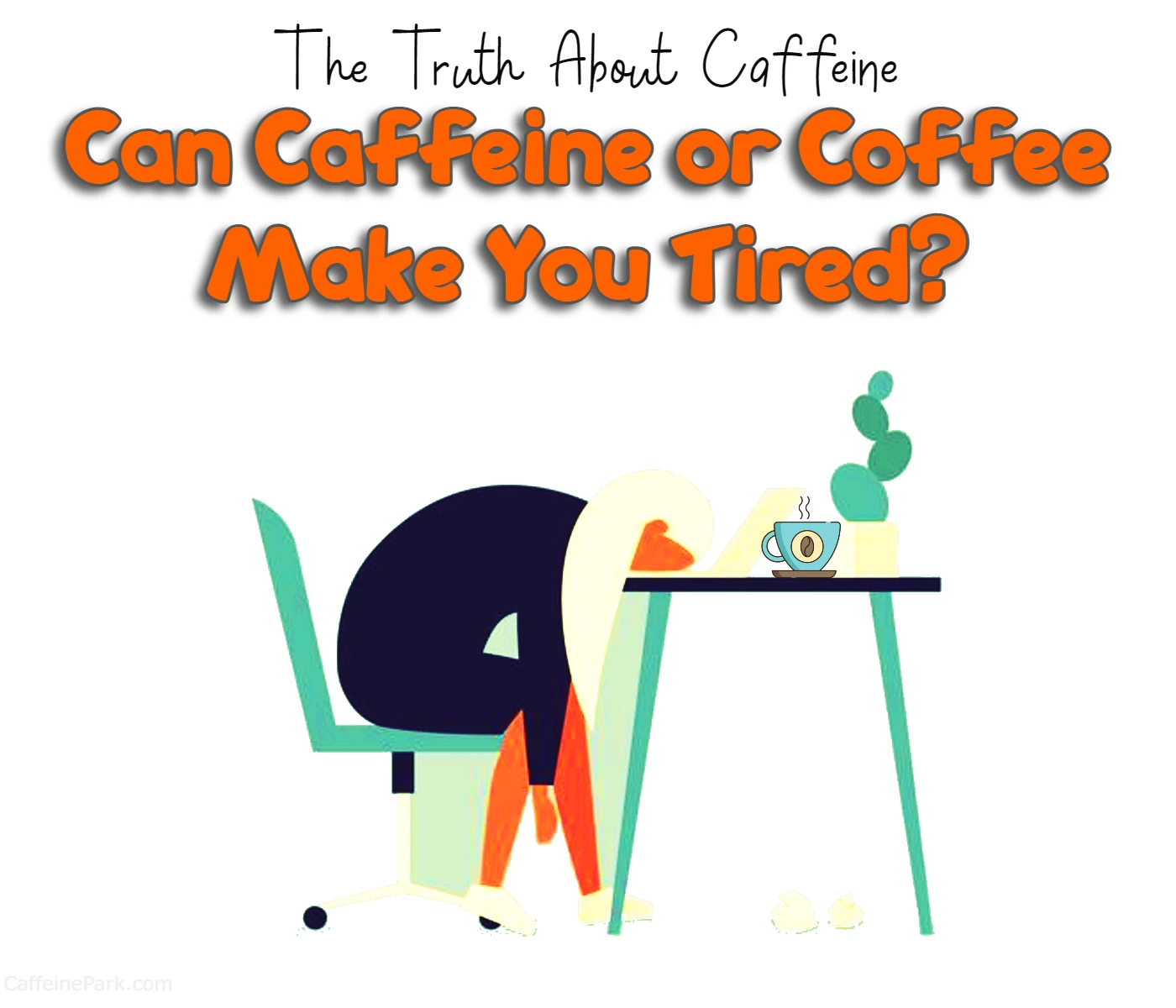
Hello there, and welcome to my blog! If you’re reading this, chances are you or someone you know is struggling with hair loss and you’re wondering if there’s a way to cure it. Well, you’re in luck because today we’re going to talk about the potential of caffeine as a treatment for baldness.
Hair loss affects millions of people worldwide, and it can have a significant impact on self-esteem, confidence, and quality of life. While there are various causes of hair loss, one of the most common is androgenetic alopecia, also known as male or female pattern baldness. Androgenetic alopecia is a hereditary condition that affects both men and women, and it is characterized by the progressive miniaturization of hair follicles, which leads to thinner, shorter, and less pigmented hair.
In recent years, there has been growing interest in the use of caffeine as a potential treatment for androgenetic alopecia. Caffeine is a natural stimulant that is commonly found in coffee, tea, chocolate, and energy drinks, among other sources. It has various effects on the body, including stimulating the central nervous system, increasing alertness and concentration, and improving athletic performance. But can it really cure baldness? Read on to find out!
Can Caffeine Cure Baldness?
If you’re worried about losing your hair, you’re not alone. Millions of people around the world experience hair loss, whether due to genetics, age, or other factors. While there are various treatments available, such as hair transplants, medications, and laser therapy, some people are turning to a more natural remedy: caffeine.
Yes, caffeine, the stimulant found in coffee, tea, and some sodas, is being touted as a potential cure for baldness. But is there any scientific evidence to support this claim? Let’s take a closer look.
What Causes Baldness?
Before we delve into the caffeine-baldness connection, it’s important to understand what causes baldness in the first place. There are different types of hair loss, but the most common one is androgenetic alopecia, also known as male or female pattern baldness.
Androgenetic alopecia is primarily caused by genetics and hormones. In people who are genetically predisposed to hair loss, the hair follicles shrink over time and produce finer, shorter, and less pigmented hair. The hormone dihydrotestosterone (DHT), which is derived from testosterone, is responsible for this process. DHT binds to the hair follicles and miniaturizes them, leading to a gradual thinning of the hair.
Other factors that can contribute to hair loss include stress, nutritional deficiencies, autoimmune diseases, scalp infections, and certain medications.
How Does Caffeine Work?
Now, let’s move on to caffeine. Caffeine is a central nervous system stimulant that blocks the action of adenosine, a compound that promotes sleep and suppresses arousal. When adenosine is blocked, the levels of other neurotransmitters, such as dopamine and norepinephrine, increase, leading to a state of wakefulness and alertness.
In addition to its stimulant effects, caffeine has been shown to have various other properties, such as antioxidant, anti-inflammatory, and vasoconstrictor effects. These properties may explain why caffeine has been proposed as a potential treatment for various health conditions, such as Parkinson’s disease, Alzheimer’s disease, diabetes, and skin cancer.
But what about hair loss? How can caffeine help in this regard? There are several theories.
First, caffeine may inhibit the activity of 5-alpha-reductase, an enzyme that converts testosterone into DHT. By blocking this conversion, caffeine may reduce the levels of DHT in the hair follicles and prevent their miniaturization. This theory is supported by a study published in the International Journal of Trichology in 2010, which found that topical application of caffeine increased the hair shaft elongation and prolonged anagen (growth) phase in cultured hair follicles from the human scalp.
Second, caffeine may stimulate the proliferation of keratinocytes, the cells that produce keratin, the main structural component of hair. By increasing the number of keratinocytes, caffeine may promote hair growth and thickness. This theory is supported by a study published in the British Journal of Dermatology in 2007, which found that topical application of caffeine increased the proliferation of hair matrix keratinocytes in mice.
Third, caffeine may improve blood circulation to the scalp, which in turn may enhance the delivery of nutrients and oxygen to the hair follicles. By nourishing the hair follicles, caffeine may improve their health and function. This theory is supported by a study published in the International Journal of Dermatology in 2007, which found that topical application of caffeine increased the blood flow to the scalp and improve hair growth in men with androgenetic alopecia.
Finally, caffeine may have anti-inflammatory and antioxidant effects that protect hair follicles from damage and aging. By reducing oxidative stress and inflammation in
the scalp, caffeine may prevent the premature death of the hair follicles and promote the survival of the existing ones. This theory is supported by a study published in the Journal of Drugs in Dermatology in 2014, which found that a caffeine-based topical solution improved hair growth and quality in men with androgenetic alopecia.
Overall, the mechanisms by which caffeine may promote hair growth and prevent baldness are complex and multifactorial. However, the evidence from in vitro, animal, and clinical studies suggests that caffeine has the potential to be an effective and safe treatment for androgenetic alopecia.
How to Use Caffeine for Baldness?
If you’re interested in trying caffeine for baldness, you have several options. One is to drink more coffee or tea, although the amount of caffeine that you can get from these beverages may not be enough to have a significant effect on hair growth. Moreover, drinking too much caffeine can have negative side effects, such as anxiety, insomnia, and dehydration.
Another option is to use caffeine-containing shampoos, conditioners, or serums that are specifically formulated for hair loss. These products are designed to deliver caffeine directly to the scalp and hair follicles, where it can exert its effects. Some of these products also contain other ingredients that are thought to enhance the efficacy of caffeine, such as biotin, saw palmetto, and arginine.
When choosing a caffeine-based hair product, it’s important to look for those that have been clinically tested and proven to be effective. You should also follow the instructions on the label and use the product as directed, as using too much or too often may not yield better results and may even cause adverse reactions.
Conclusion
In conclusion, while caffeine may not be a panacea for baldness, it certainly has the potential to be a valuable addition to the arsenal of hair loss treatments. Its ability to inhibit DHT, stimulate keratinocytes, improve blood circulation, and protect against oxidative stress and inflammation make it a promising candidate for further research and development.
However, as with any medical or cosmetic treatment, it’s important to consult with your healthcare provider before using caffeine for baldness, especially if you have any underlying medical conditions or are taking any medications. Your healthcare provider can help you determine the underlying cause of your hair loss and recommend the best course of action for your individual needs.
In the meantime, you can enjoy your daily cup of coffee or tea, knowing that it may do more than just wake you up in the morning. It may also help you keep your hair on your head, where it belongs.
FAQs
Caffeine has been shown to stimulate hair growth by inhibiting the activity of dihydrotestosterone (DHT), a hormone that is responsible for the miniaturization of hair follicles in androgenetic alopecia. Caffeine also promotes the proliferation of keratinocytes, the cells that make up the hair shaft and enhance blood circulation in the scalp, which can improve the delivery of nutrients and oxygen to the hair follicles.
While coffee and tea contain caffeine, the amount of caffeine that you can get from these beverages may not be enough to have a significant effect on hair growth. Moreover, drinking too much caffeine can have negative side effects, such as anxiety, insomnia, and dehydration. Therefore, it’s best to use caffeine-containing hair products that are specifically formulated for hair loss.
Caffeine-based hair products are generally safe to use, as long as they are used as directed. However, some people may experience side effects, such as scalp irritation, itching, and dryness. If you experience any adverse reactions, you should discontinue use and consult with your healthcare provider.
The time it takes to see results from caffeine-based hair products can vary depending on the individual and the severity of the hair loss. Some people may see improvements in as little as a few weeks, while others may need to use the product for several months before seeing significant changes.
No, caffeine is not a cure for all types of hair loss. It has been shown to be most effective for androgenetic alopecia, which is the most common form of hair loss in both men and women. Other types of hair loss, such as alopecia areata, scarring alopecia, and telogen effluvium, may have different underlying causes and require different treatments. It’s important to consult with your healthcare provider to determine the underlying cause of your hair loss and the best course of action for your individual needs.
Read More:





